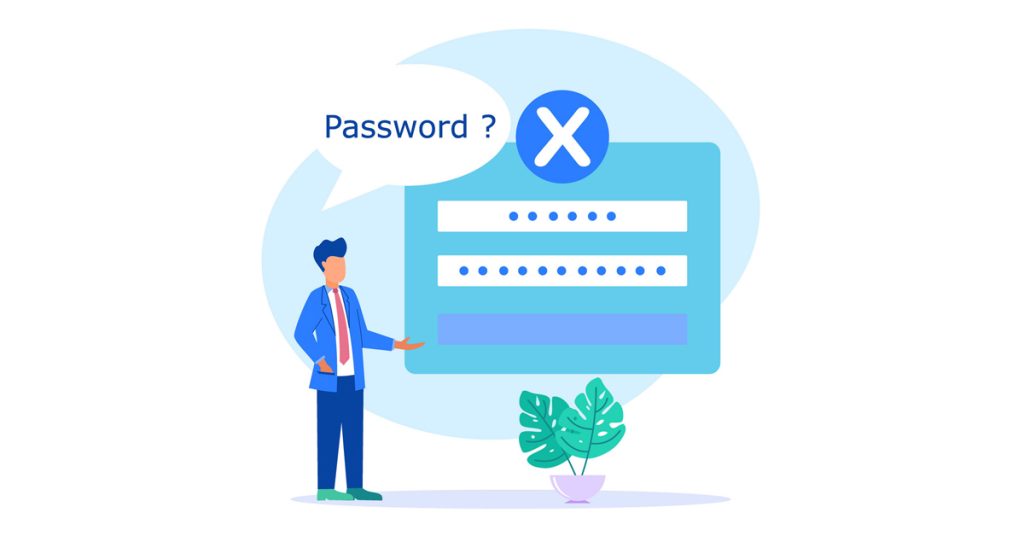While longer passwords are generally more secure, there are some practical considerations to keep in mind when it comes to password length:
- Diminishing returns on security:
- Passwords around 12-16 characters in length, if properly complex, are already extremely difficult to crack.
- Beyond about 20-40 characters, additional length provides minimal extra security benefit against modern cracking methods.
- Usability issues:
- Very long passwords can be cumbersome to type manually if needed.
- Some systems may have maximum length restrictions that could cause issues with excessively long passwords.
- Best practices:
- Use a combination of length (12+ characters) and complexity (mix of upper/lowercase, numbers, symbols).
- Employ unique passwords for each account.
- Consider using a password manager to generate and store strong passwords.
- Other security measures:
- Enable two-factor authentication when available.
- Use passphrases for accounts you may need to type manually.
- Practical recommendations:
- Aim for passwords in the 16-20 character range for a good balance of security and usability.
- For most purposes, passwords beyond 40 characters provide little additional benefit.
In summary, while longer passwords are generally more secure, focusing solely on maximizing length is not necessarily the best approach. A moderately long password (16-20 characters) with good complexity, combined with other security best practices, is typically sufficient for strong protection. The key is to find a balance between security and practical usability.
